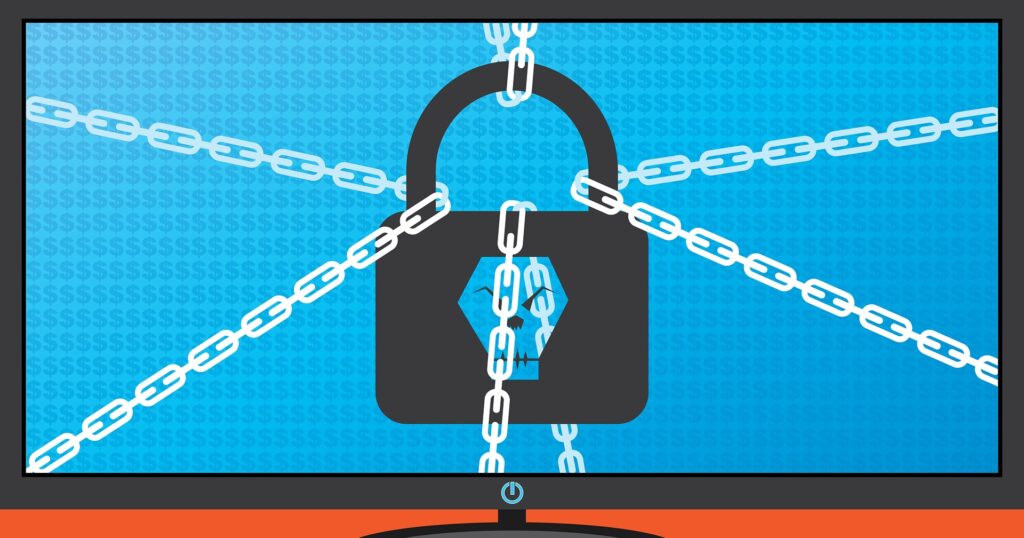Businesses are facing a rise in cybersecurity threats, especially with SMBs that have capabilities that make them more vulnerable to hacking than larger companies with more sophisticated IT security. Cyberinsurance has emerged as a great option to protect companies from the financial risks of being hacked, but there are challenges in cost and execution that businesses need to be aware of. And different industries pose more risks than others, there should be consideration on what’s appropriate based on the needs of the company.

Here are some essential tips to help businesses save money on cyber insurance costs while ensuring adequate protection for their valuable assets:
Understand Your Unique Risks
Before selecting a cyber insurance policy, it’s vital to assess the specific risks your business faces. Data breaches, system disruptions, or unauthorized access to sensitive client information should all be concerns for a business owner, and cyber insurance can give peace of mind in thinking about those risks. Cyber insurance is surprisingly customizable and scalable so not every package is appropriate, especially if the business owner wants to avoid unnecessary add-ons and costs where they’re not necessary. The best route to take is getting a consultant in the mix that can not only tell you which kind of cyber insurance you should have, but get you ready to meet the qualifications of that plan.
Strengthen Your Cybersecurity Measures
Much like safe driving courses and other safety measures reducing car insurance premiums, the same applies to cybersecurity insurance. Investing in basic or even advanced cybersecurity measures depending on the plan you’re going for not only enhances your overall protection but also reduces your insurance premiums, which I’m sure is an ancillary goal. It’s simply a matter of risk and coverage the insurance company is willing to take on, much like other kinds of insurance. It’s important to implement measures such as:
- Advanced firewalls
- Regular software updates
- Encryption technologies
- Employee cybersecurity training
What’s key here is that your business can show a commitment to cybersecurity that will not only reduce cyberattacks but make the IT infrastructure of your company more attractive to prospective insurance companies. This can then reduce potential premium discounts. Finding a good IT consulting company to help you navigate the waters of cyberinsurance is a great start.
Seek Expert Advice
For many small to medium-sized businesses looking to improve their cybersecurity, they may not have the time or money to hire a full time IT professional to be on the staff. IT outsourcing is a thriving industry that’s tailor made to help small businesses get their IT networks up to speed with the latest technology and IT strategy. It’s only a matter of asking what kind of IT company to employ: one that’s remote service only, one that can visit your office, ones with contracts and packages, and others that offer a more a la carte approach to services. BNC is the latter with remote and on-site support for businesses in Denver and Dallas, and we don’t do contracts or packages so you can cancel when you want and the services are tailor made to only be paid for what’s necessary and used by the company.
Optimize Coverage with Deductibles
It’s important to decide up front what level of risk you’re willing to take on, and as a result your premiums will be higher or lower depending on how high your deductible is. Higher deductibles mean lower premiums, so help with an expert on measuring risk tolerance can be a great first step. This of course means you’ll pay more if disaster strikes but if it fits the budget and goals and still qualifies as insurance, there’s a reduced negative impact on the company.
Regular Policy Review
Insurance coverage should adapt to changing threats and needs of the company itself. Regular reviews of your policy to make sure there’s alignment with the cybersecurity landscape is essential but that can be hard when someone isn’t fully tuned into the pulse of IT trends and cybersecurity threats. A good rule of thumb is to review policies and let your insurance provider know when there’s a significant change in operations like new services or expansions in the company. This is a more proactive approach which is recommended, and will help your company avoid paying way too much in outdated coverage that’s no longer necessary, or the reverse of that.
Compare Multiple Quotes
It’s best to shop around when it comes to cybersecurity insurance. Don’t settle for the first quote you receive, rather go to multiple insurance providers and get detailed quotes from them to see what’s out there. And as said above, assess your needs with an expert to get a better idea of what kind of insurance is right for you. This will enable your company to make a more informed decision which will lead to a more cost-effective and comprehensive cyber insurance policy plan.
Get In Touch With BNC
For businesses in Denver, Dallas, and Austin, cyber insurance is a crucial investment in protecting valuable assets from potential cyber threats. You can save money on cyber insurance costs without compromising on protection by implementing these essential tips: understanding your unique risks, strengthening your cybersecurity measures, seeking expert advice, optimizing coverage with deductibles, and regularly reviewing your policy.
Remember, cyber insurance is an investment in the long-term success and resilience of your business. Taking proactive steps to mitigate risks and secure appropriate coverage ensures that you can confidently navigate the ever-evolving cybersecurity landscape while minimizing financial burdens.
Whether you’re undertaking a big one-time project or need ongoing IT consulting in Denver, Dallas, or Austin, BNC knows what it takes to provide exemplary services tailored specifically to suit your needs. If you’re just beginning to make your list of potential vendors, learn about how we’re different from typical IT companies in Denver then contact us for a free consultation. We’re more than happy to talk about how we can work together.
